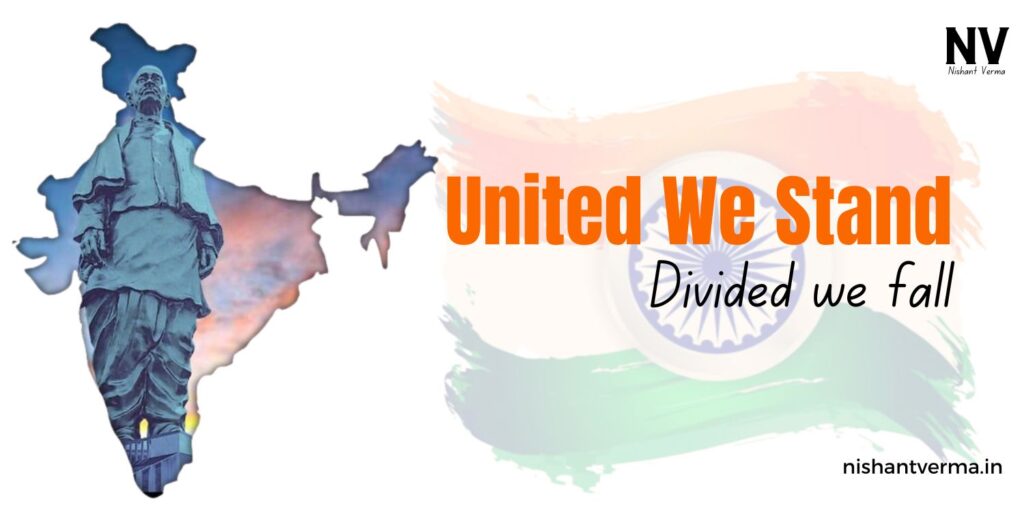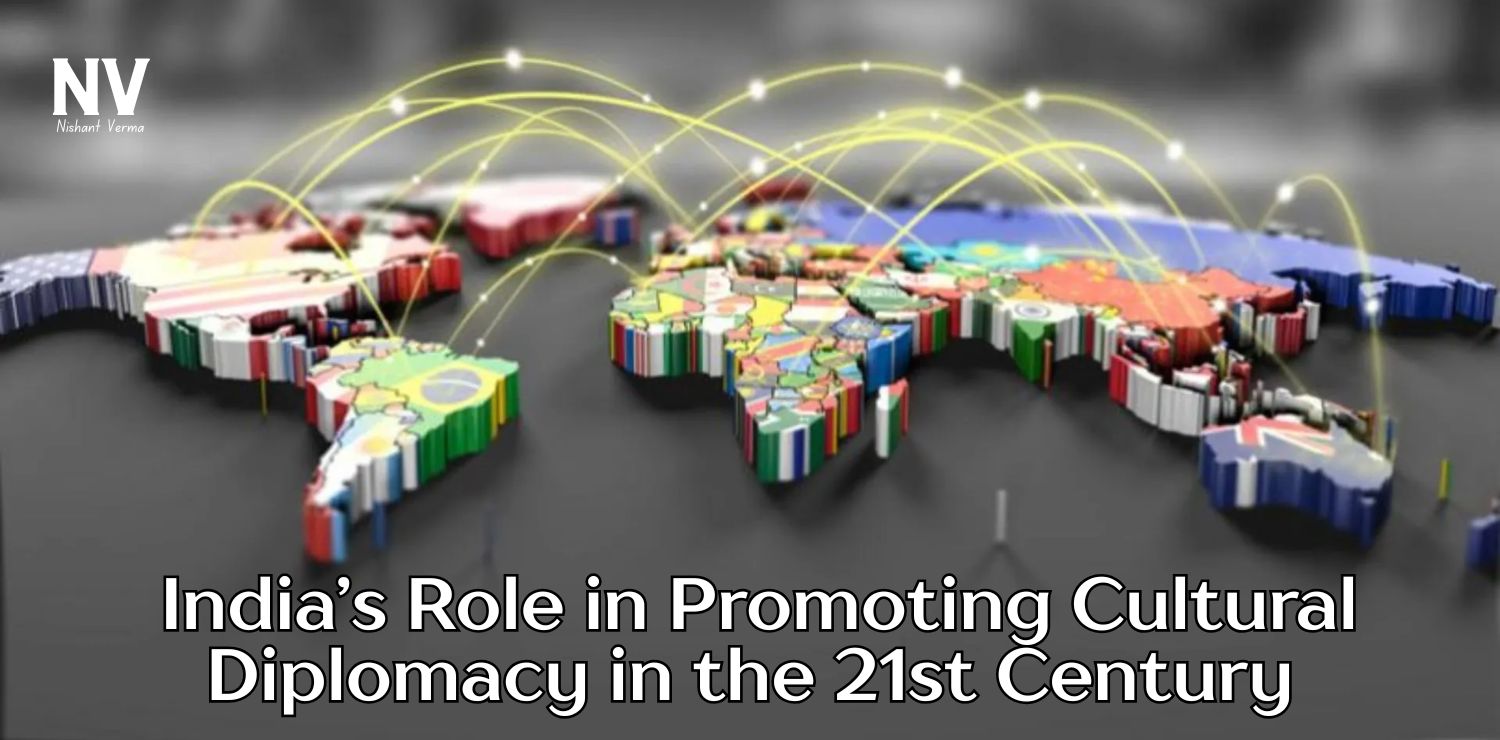National Unity Day, also known as Rashtriya Ekta Diwas, is celebrated every year on October 31st, marking the birthday of one of India’s most esteemed leaders, Sardar Vallabhbhai Patel. This day is not just a celebration of Patel’s life but also a reminder of his monumental contributions to the unity and integrity of the nation. Let’s explore the significance of this day, the reasons behind its celebration, and the legacy of Sardar Patel in simple and clear terms.
Who Was Sardar Vallabhbhai Patel?
Sardar Vallabhbhai Patel was born on October 31, 1875, in a small village called Nadiad in Gujarat. He was a lawyer by profession but became one of the most prominent leaders in India’s struggle for independence. Patel is often referred to as the “Iron Man of India” due to his strong character and unwavering determination.
During the British rule, Patel played a crucial role in mobilizing people for the freedom struggle. He was instrumental in organizing peasants and farmers in the Kheda and Bardoli movements, fighting against oppressive taxes and policies. His leadership not only inspired people but also showcased his ability to bring them together for a common cause.
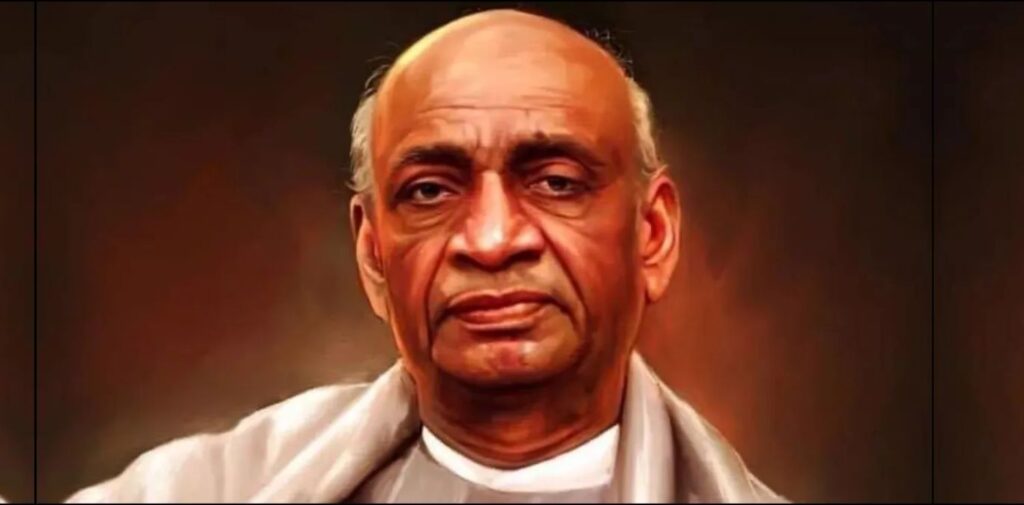
The Importance of Unity
One of the core principles that Sardar Patel believed in was unity. He understood that a diverse country like India, with its myriad cultures, languages, and religions, could only thrive if its people stood united. His vision for India was one where every citizen felt a sense of belonging and shared responsibility for the nation’s progress.
After India gained independence in 1947, the country faced the daunting task of integrating over 500 princely states into the newly formed nation. Many of these states were reluctant to join the Union of India, leading to potential fragmentation. It was Sardar Patel’s exceptional diplomacy and strong leadership that facilitated the integration of these states, thereby preserving the unity of the nation.
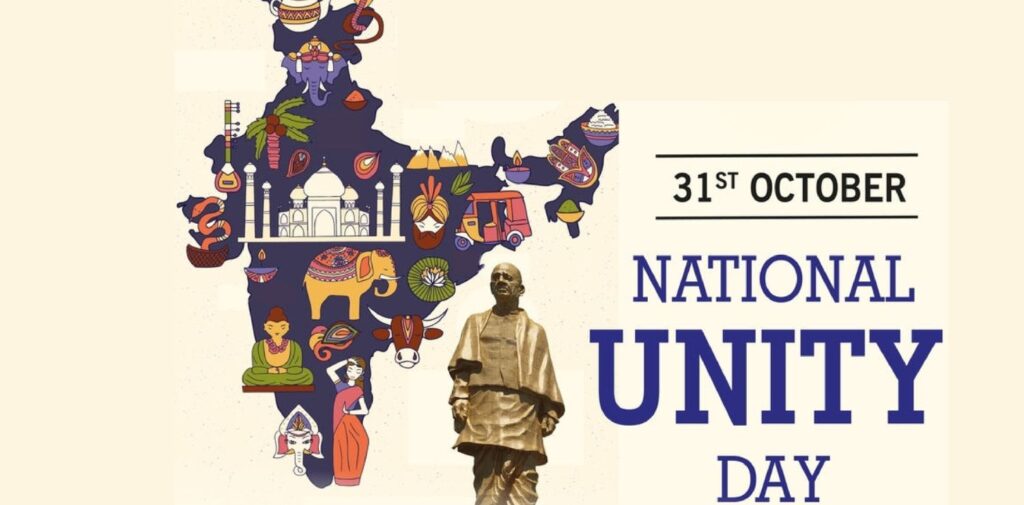
Why Celebrate National Unity Day?
- Commemoration of Leadership: National Unity Day honours Sardar Patel’s leadership and his relentless efforts to unite the nation. By celebrating this day, we recognize his contributions and ensure that future generations remember his legacy.
- Promoting Unity and Integrity: The day serves as a reminder for all Indians to come together, irrespective of their differences. In today’s world, where divisions often arise, it is vital to promote the message of unity and inclusiveness that Patel stood for.
- Encouraging Nationalism: National Unity Day is also about fostering a sense of nationalism among citizens. It encourages individuals to feel proud of their country and to contribute positively towards its development and unity.
- Inspiring Future Generations: By celebrating this day, we inspire young minds to emulate Sardar Patel’s ideals. His life is a testament to the power of dedication, hard work, and unity in overcoming challenges.
The Role of Sardar Patel in Nation-Building
Sardar Patel’s contributions to nation-building were significant and far-reaching:
- Integration of Princely States: After independence, India was a patchwork of states, many of which were ruled by kings and princes. Patel took on the monumental task of negotiating with these rulers. Through a mix of diplomacy and firmness, he successfully integrated most of the princely states into the Indian Union. This action laid the foundation for a united India, preventing potential fragmentation and conflict.
- Social Reforms: Patel was also a champion of social reforms. He advocated for the rights of farmers and worked tirelessly to improve their conditions. His efforts in the Bardoli Satyagraha in 1928 not only earned him the title “Sardar,” meaning leader but also highlighted the importance of social justice.
- Promoting Economic Development: Patel understood that unity was essential for economic progress. He believed that a united nation could work together for collective development. His vision included building infrastructure, promoting agriculture, and fostering industry, all of which were crucial for a developing nation.
- Foundation of Modern India: Sardar Patel’s vision laid the groundwork for a strong and cohesive nation. His belief in democracy, secularism, and social justice shaped the values that guide India today. By promoting unity, he ensured that India would stand strong against external and internal challenges.
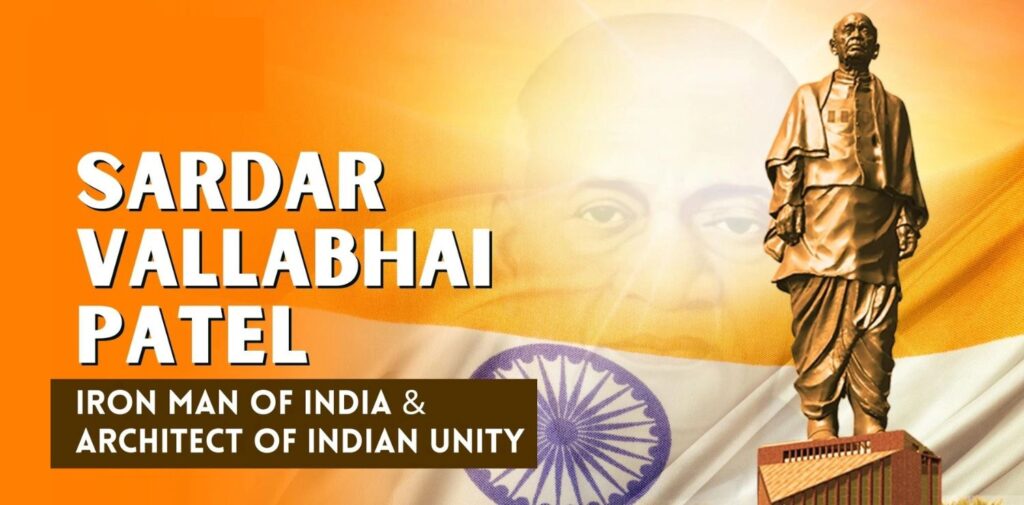
Observing National Unity Day
On National Unity Day, various events and activities are organized across the country. These include:
- Rallies and Marches: People participate in rallies to celebrate unity and showcase their commitment to the nation.
- Cultural Programs: Schools and colleges often organize cultural programs that highlight the importance of unity in diversity, showcasing different cultures and traditions of India.
- Pledge of Unity: Many institutions encourage students and citizens to take a pledge to uphold the ideals of unity and integrity, fostering a sense of responsibility towards the nation.
- Seminars and Workshops: Discussions and workshops are held to educate people about Sardar Patel’s life, his contributions, and the importance of national unity.
Conclusion
National Unity Day is a significant occasion that reminds us of Sardar Vallabhbhai Patel’s incredible legacy. His vision for a united India, where people of all backgrounds could coexist and thrive, is more relevant today than ever. As we celebrate this day, let us reflect on his teachings and strive to embody the spirit of unity and integrity that he championed.
By honouring Sardar Patel, we not only pay tribute to his efforts but also commit ourselves to the principles of unity and inclusiveness. In a world that often feels divided, embracing these ideals is essential for the progress and harmony of our nation. Let us remember Patel not just on October 31st, but every day, as we work towards building a stronger, more united India.

